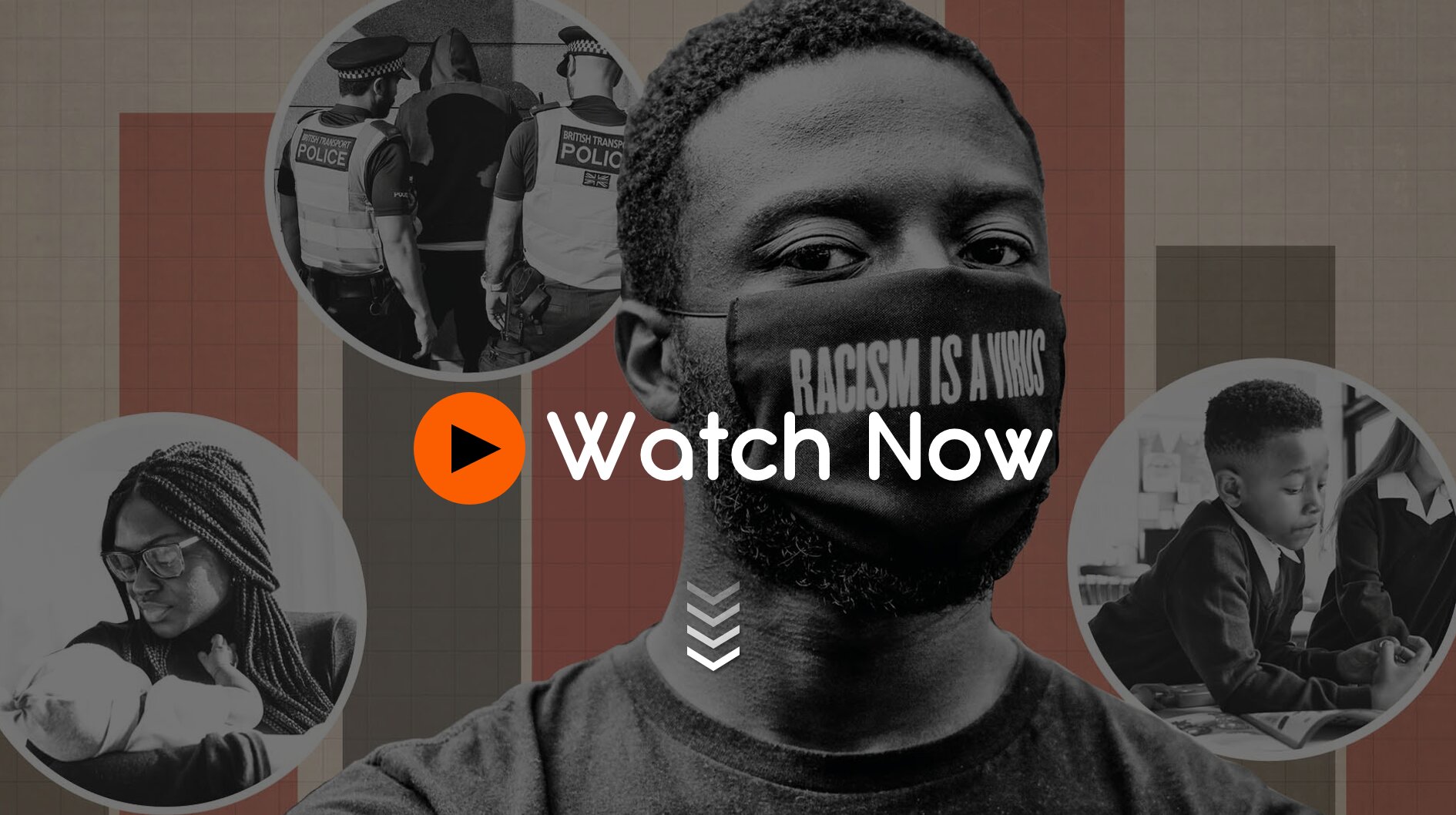
Serious Concern about Racism in Britain
The outpouring of pent-up frustration about racism in the United Kingdom caught many people by surprise.
Who did not think the country had made big strides towards tolerance and equal opportunity over the past few decades?
Who was concerned that statues of slave traders still stood in towns and cities across the union?
Who questioned whether Black Lives Matter in Britain?
The answer: Many, many Black people, whose views of race and racism in the UK are profoundly different from those of most White people, according to a sweeping and exclusive new CNN/Savanta ComRes poll.
Black people are at least twice as likely as White people to say there is discrimination in British policing and media; three times as likely to think the country has done far too little to address historic racial injustice; and significantly more likely to believe that the country’s governing Conservative Party is institutionally racist.
On policing, it’s not simply a matter of perceptions. Black and White people report significantly different personal experiences with law enforcement.
Black people are twice as likely as White people to say they personally have not been treated with respect by police, with half (49%) of Black people and a quarter (26%) of White people indicating that experience.
Black people are also twice as likely to say a friend or family member has not been treated with respect by police: Six in 10 (59%) Black people said so, compared to three in 10 (31%) White people.
The tearing down of 17th-century slave trader Edward Colston’s statue in Bristol earlier this month was among the most dramatic images to come out of Britain as Black Lives Matter protests radiated from the United States to countries around the world after George Floyd was killed by police in Minneapolis.
U.K. Prime Minister Boris Johnson — who has openly used racial slurs himself — has acknowledged several times in the past month that there is racism in Britain, and announced a new “cross-governmental commission” to look at racism and discrimination.
But he’s been criticized for reportedly appointing his adviser Munira Mirza to head it, since she is on record as calling institutional racism a myth.
And he came under fire for saying: “What I really want to do as Prime Minister is change the narrative so we stop the sense of victimization and discrimination, we stamp out racism and we start to have a real sense of expectation of success.”
Critics argue he’s underplaying the problem, deflecting instead to the “narrative” and the “sense of victimization and discrimination.” He’s also come under fire for launching another commission and not implementing the findings of previous reports and inquiries about racism and discrimination.
“The UK has a deep institutional racism problem right across the country. It bleeds through every institution in this nation,” said campaigner and activist Melz Owusu.
“The racism is not subtle either. It is rather a privilege of not having to be subjected to it that makes it appear subtle. That then is a form of wilful ignorance. We need to have a frank and open conversation about what racism truly means in this country and only then can we tackle it effectively,” said Owusu, a PhD student and founder of an initiative called the Free Black University, which describes itself as “engaging the radical Black imagination.”

